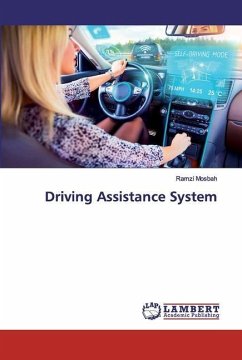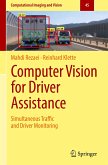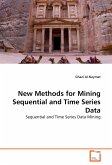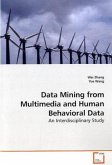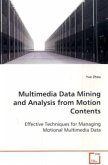Nowadays, decision makers in competitive and diverse
business sectors must make informed decisions about
strategic problems. Such problems are often complex
enough to warrant the use of sophisticated analytical
methods for their resolution (i.e. forecasting,
classification, etc.). Having borrowed from the
myriad of techniques and models available from the
areas of machine learning and statistics, data mining
(DM) has become a very specialized field.
Consequently, the effective application of DM is
littered with many difficult and technical decisions
(i.e. data cleansing, feature transformations,
algorithm and parameter selection, model evaluation).
Most data mining products provide a large number of
models and tools, but few provide "intelligent"
assistance. Moreover, research seems to be based on
utterly specialized DM techniques, rather than
focusing on strategic, methodological, and even
epistemological aspects of DM. As a result, the
following work attempts to verify if the use of a
case-based reasoning system and other AI techniques
will provide an adequate environment for the reuse of
data mining knowledge with the intention of better
supporting the decision making process.
business sectors must make informed decisions about
strategic problems. Such problems are often complex
enough to warrant the use of sophisticated analytical
methods for their resolution (i.e. forecasting,
classification, etc.). Having borrowed from the
myriad of techniques and models available from the
areas of machine learning and statistics, data mining
(DM) has become a very specialized field.
Consequently, the effective application of DM is
littered with many difficult and technical decisions
(i.e. data cleansing, feature transformations,
algorithm and parameter selection, model evaluation).
Most data mining products provide a large number of
models and tools, but few provide "intelligent"
assistance. Moreover, research seems to be based on
utterly specialized DM techniques, rather than
focusing on strategic, methodological, and even
epistemological aspects of DM. As a result, the
following work attempts to verify if the use of a
case-based reasoning system and other AI techniques
will provide an adequate environment for the reuse of
data mining knowledge with the intention of better
supporting the decision making process.


